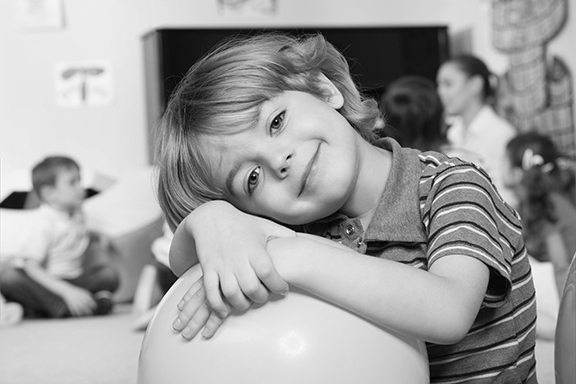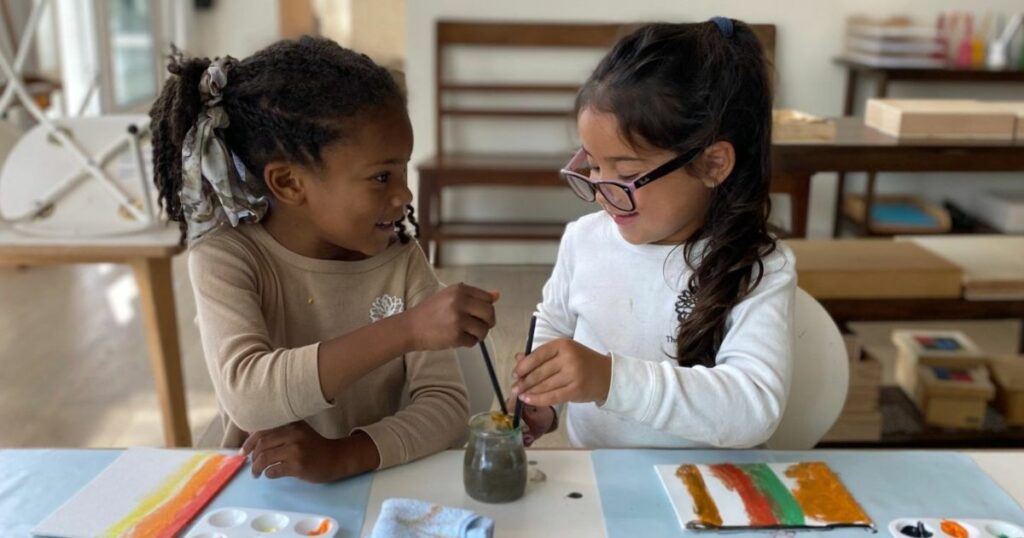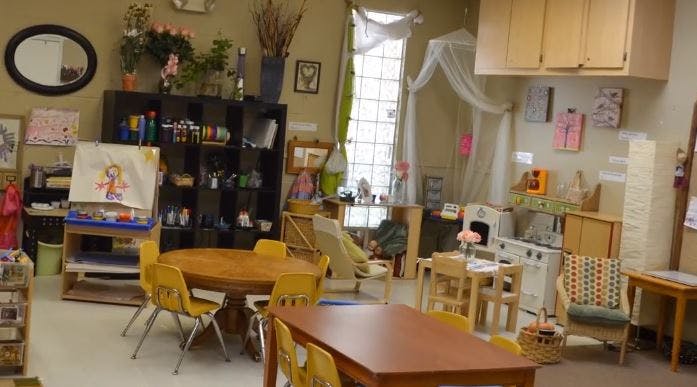Introduction: The Cornerstone of Lifelong Learning
The development of practical life skills forms the bedrock of a child’s journey towards independence, confidence, and competence. In our educational approach, we pay special attention to this crucial element, shaping individuals who are prepared to face life’s challenges with grit and resilience.
In the rapidly evolving world we inhabit, the importance of practical life skills cannot be overstated. While traditional education may focus predominantly on academic knowledge, the Montessori approach takes a broader perspective, recognizing the essential role of practical life skills in a child’s development. Building competence and confidence in young children through hands-on experiences, Montessori education bridges the gap between theoretical learning and real-world application.
The Montessori Method: The Touchstone of Practical Life Skills
- Task Independence: We provide an environment where children are encouraged to carry out tasks independently, fostering a sense of self-sufficiency.
- Focus on Order: We incorporate the idea of organization, allowing children to understand the benefits of a structured, orderly approach to tasks.
- Hands-On Learning: We utilize real-life materials, guiding children to gain skills through direct, tangible experiences.
Cultivating Essential Life Skills
- Self-Care Skills: We facilitate mastery over self-care tasks such as dressing, eating, and personal hygiene, building their self-confidence and independence.
- Social Skills: We nurture the ability to engage effectively with others, emphasizing courtesy, communication, and cooperation.
- Problem-Solving Skills: We foster the ability to address challenges, enhancing their ability to analyze situations and make decisions.
Role of Practical Life Exercises
- Motor Skills Development: We engage children in activities that refine their fine motor skills, setting the foundation for writing, drawing, and other intricate tasks.
- Cognitive Development: We guide children through logical sequences in tasks, developing their cognitive skills and critical thinking.
- Emotional Growth: We provide opportunities for children to gain a sense of accomplishment, bolstering their self-esteem and emotional maturity.
Impact: Life Skills Beyond the Classroom
- Creating Adaptive Learners: Our learners adapt to new environments and challenges with ease, applying their practical life skills in innovative ways.
- Building Resilient Individuals: Our students demonstrate resilience, confidently navigating through life’s obstacles with a problem-solving mindset.
- Fostering Effective Communicators: Our pupils excel in their ability to communicate and collaborate effectively in diverse social settings.
Conclusion: Practical Skills for a Purposeful Life
The essence of our education philosophy lies in preparing children not just for academic excellence but for a purposeful life. We firmly believe that by building competence and confidence through practical life skills, we are nurturing individuals capable of carving their path in the world with tenacity and grace.
In summary, practical life skills form the very foundation of Montessori education, emphasizing not just the intellectual, but also the emotional, physical, and social development of young children. By aligning learning with real-world tasks and encouraging children to take ownership of their environment, Montessori education builds a framework for lifelong competence and confidence.






